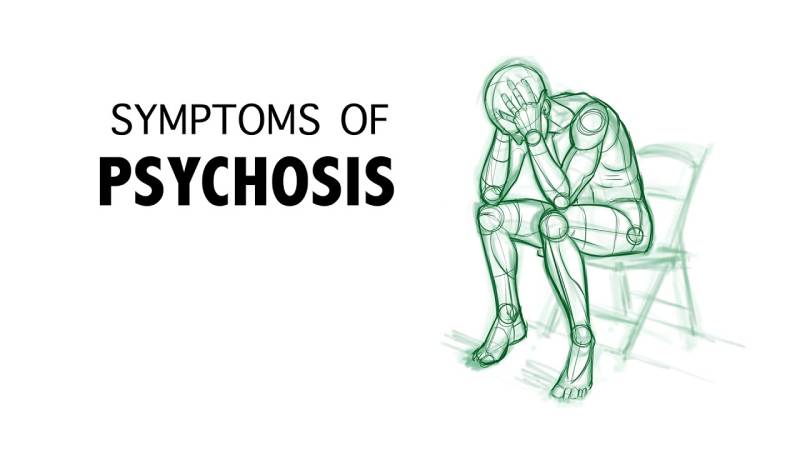
“In a mad world, only the mad are sane.” Akira Kurosawa
A few weeks ago, I received a call from one of my old teachers. He needed my help with his daughter who had been sick with mental illness for a very long time. I knew that he had a sick daughter but had never thought it proper to pry. He told me that his daughter had not slept for several days and was becoming unmanageable at home. She was aggressive, assaultive and paranoid. She would not sleep and would not let anyone else in the house sleep either. She was convinced that unspecified “secret agents” were driving past her house at night and recording her with cameras installed in her bathroom. She believed that her family was trying to poison her food and as a result, had stopped eating home cooked food completely. She would order take-out meals at all hours of the night and eat only those refusing even to let her family dispose of the food wrappers. My teacher begged me to visit her at their home to see if I could help.
At his request, I went to the house only to be confronted by the young woman in the living room. She started yelling at me as soon as I entered. None of what she was screaming made a whole lot of sense. She screamed that she wasn’t going to marry me, that ‘they’ couldn’t make her do anything, that she was constipated because of what ‘they’ had done to her and that I could do whatever I wanted, she wasn’t going to listen. My efforts to calm her down and have a reasonable conversation with her were clearly going nowhere. In fact, the longer I stayed, the more agitated I became. She started yelling obscenities at me, accusing me of trying to rape her (in front of her parents) and as her frenzy escalated, I beat a hasty retreat from the house.
I later explained to my teacher that his daughter was in the throes of ‘psychosis’, a generic term for what is usually understood by lay people as “madness” and that she needed immediate treatment, preferably in a hospital since the parents had been trying, without success, to get her to take her prescribed medicine.
Reality and Unreality
Most of us take our sanity for granted. In fact, none of us ever even pay attention to the fact that the world, both the world around us as well as it’s representation inside of us, follows definite rules of logic and reason. For example, that day follows night which follows day in an orderly, defined fashion. That human beings, both those close to us as well as strangers usually behave in predictable ways. That society is organized according to certain rules which everyone has to respect. This organization provides us both a code of behavior on how to conduct our lives and also orders our ‘internal’ world of emotions, thoughts and behavior.
But suppose one day you wake up and discover that all these rules have suddenly disappeared. The sun rises in the west (or doesn’t rise at all) and sets in the east. Gravity has disappeared and everyone in your family has been replaced by lookalike robots. How would you feel? Would you, like Alice in Wonderland, feel a bit confused? Would you wail: “But I don’t want to go among mad people!” Only to be told "Oh, you can’t help that, we’re all mad here. I’m mad. You’re mad.” And if you then asked "How do you know I’m mad?” the answer might be "You must be, or you wouldn’t have come here.”
Yes, that would, indeed be a very frightening place and the worst part of it would be that no one would be able to understand your fear and confusion.
My teacher’s daughter had, in fact, been ill with psychosis for very long time. Her break with the world of reality had started in her late teens and, despite some periods of lucidity, usually with the help of medicines, her illness had followed a steadily downward course. She had the prototypical psychiatric illness called ‘schizophrenia’, the illness most lay people recognize as ‘madness’ and which had, in the distant past, been called ‘lunacy’ by virtue of its supposed association with the cycles of the moon.
(To Be Continued)
The writer is a psychiatrist practicing in Lahore. He taught and practiced Psychiatry in the United States for 16 years. He tweets @Ali_Madeeh
